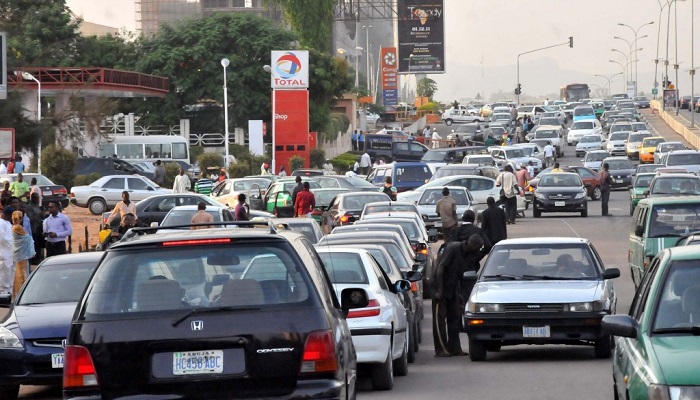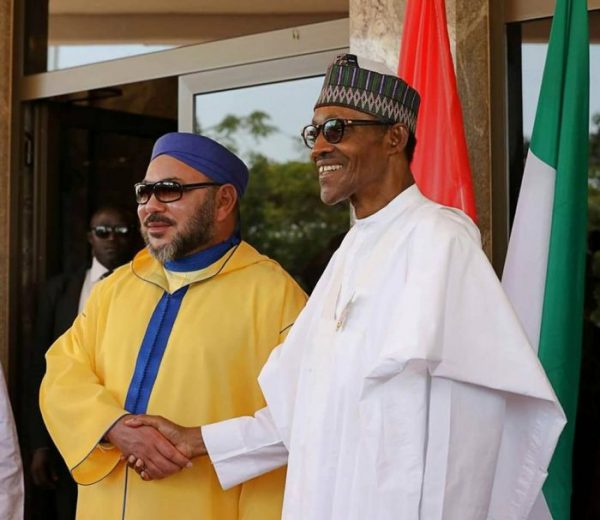Nigeria is in the grip of a severe fuel crisis, characterized by widespread shortages and dramatic price increases. The state-owned Nigerian National Petroleum Corporation (NNPC) has raised fuel prices from 617 naira to 897 naira per liter, citing debts and rising global costs. This hike has triggered a domino effect, with private sellers pushing prices even higher, reaching up to 1,200 naira per liter in some states.
The crisis has paralyzed daily life across the country. Long queues have formed at gas stations, many of which have shut down due to fuel scarcity or to adjust their prices. In major cities like Lagos, commuters face extended waits at bus stations, while others resort to walking long distances as public transport prices have doubled.
This fuel shortage is part of a broader economic challenge facing Nigeria. President Bola Tinubu’s decision to remove fuel subsidies upon taking office has contributed to the worst economic crisis in a generation. The situation has sparked outrage among citizens and labor unions, who feel betrayed after recent negotiations on minimum wage.
Nigerians are now pinning their hopes on the newly operational Dangote Petroleum Refinery, though it’s unclear how quickly this will alleviate the current shortages and price hikes. As the crisis continues, it underscores the deep-rooted issues in Nigeria’s energy sector and the urgent need for sustainable solutions.



